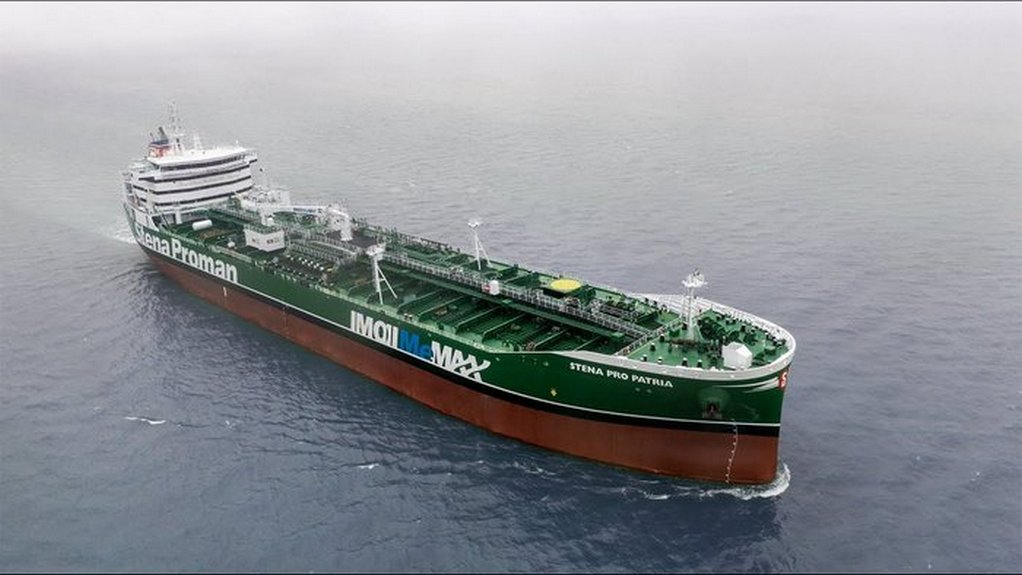Stena Provident, one of six state-of-the-art methanol fuelled IMOIIMeMAX ships commissioned through the partnership between Proman and Stena Bulk, completed the first ever methanol bunkering at the Port of Savannah, in Georgia, US.
The vessel, which is time-chartered by Bahri Chemicals, successfully loaded almost 1000 MT of methanol at Colonial Terminals’ Lathrop 2 facility, in an historic first for the port.
The landmark represents another step forward for methanol as a marine fuel. 2023 saw a record number of orders for methanol-fuelled vessels, as its benefits as a cleaner burning fuel were further understood. According to DNV, the number of methanol-fuelled ships in operation will more than double this year, with over 250 such ships in operation by the end of 2026.
Savannah is a significant port and completing the first ever methanol bunkering here underlines the growing demand for methanol as a marine fuel, and the increasing industry acceptance of its role on the pathway to achieving a lower-emission future for the shipping sector.
Methanol brings immediate cleaner air benefits when used instead of conventional marine fuels, cutting nitrogen oxides (NOx) by up to 80 percent and virtually eliminating sulphur oxides (SOx) and particulate matter.
Tags: Methanol, Proman Stena Bulk, Stena provident



Recent Posts
Blue Marlin Becomes First Inland Cargo Vessel with Solar-Assisted Propulsion
ABB and Royal Caribbean Partner on 15-Year Deal to Drive Vessel Efficiency and Decarbonization
IET Establishes Centres of Excellence for Green Hydrogen and Electric Vehicle Research
SECI Cancels Green Hydrogen Hub Tender, Pauses Momentum on Flagship Mission
India Pushes Green Shipping and Sustainable Waterways in Northeast with ₹5,000 Crore Investment
Himachal Pradesh Plans Major Boost to Public Transport with E-Buses and Digital Upgrades
Ammonia-Fueled Container Feeder Design Marks Progress in Maritime Decarbonisation
ABS Develops Industry-Leading EV Battery Fire Simulation Modeling